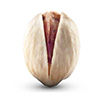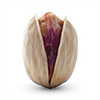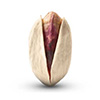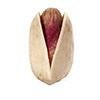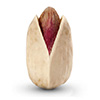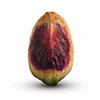Dried Fruits
-
By
 YaserFoods
YaserFoods
Dried Fruits
Dried fruit has been available for thousands of years in the Mediterranean and Middle East. Dates are one of the earliest dried fruits that were eaten. Dried fruit is fruit from which the majority of the original water content has been removed either naturally, through sun drying or through the use of specialized dryers or dehydrators.
Dried fruit can be preserved for much longer than fresh fruit and can be a handy snack, particularly on long trips where refrigeration is not available.
You can have some sweetness to your daily meals by enjoying dried fruits. Popular dried fruits include raisins, date, prune, fig, apricots, apple, banana, peaches, mango, pineapple, berries and other.
The European countries, UK, Netherlands are the largest markets for edible dried fruits in the world. Iran is at the first rank of fruit production countries in the Middle East. Iran is also in the eighth rank in worldwide. Most of the Iranian fruit could be converted to dried ones. And these products are so popular all around the world because they have no additives or preservatives and are completely natural and organic, also due to the absence of fat, sugar or salt, it is suitable for everyone.









